Medication Training For Care
Quantity: 1
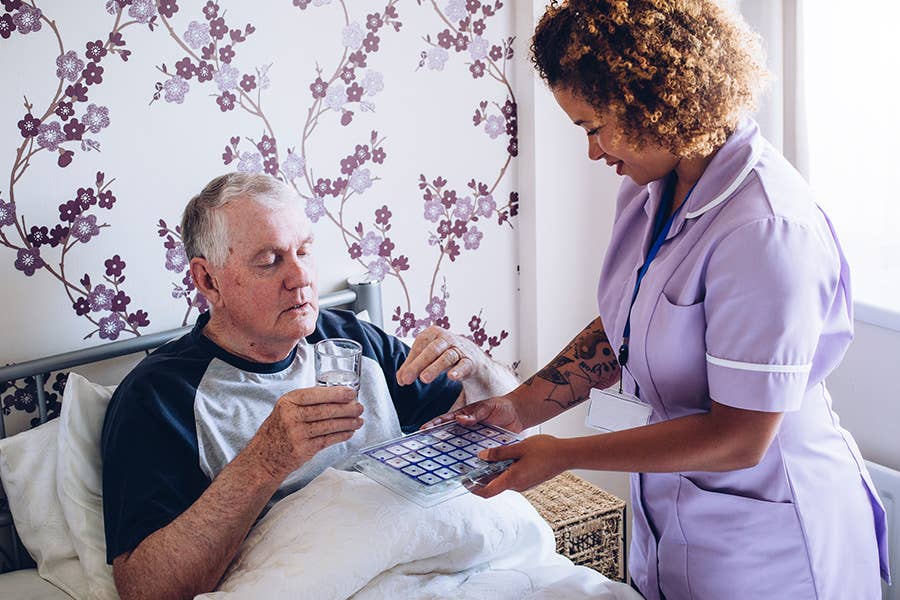
Duration 2 hours
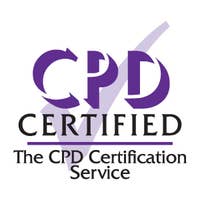

100% online training
Start when you like
Learn on any device (desktop, mobile or tablet)
Instant assessment and result
1 learner per course
Train teams of all sizes
Bulk discounts starting at 10% off 10 courses
Pay by invoice with 30 day payment terms available (5+ courses)
Includes a 10% discount for 10+ courses
If you work in health and social care, you will most likely have to handle or administer medication. This must be done correctly and following procedure to ensure the safety of yourself, colleagues and service users. Medication errors can be fatal, so it's essential you have the necessary knowledge before handling or administering medication.
This online training course will provide you with the essential procedures and techniques you need to know, as well as the key legislation relevant to medication. It also outlines your responsibility in relation to your role along with different types of medication and their uses.
100% online training
Access anywhere
Same day digital certificate
Printed certificate posted next working day
Full audio voiceover
Assessment retakes at no extra cost
Developed in collaboration with health and social industry experts
Accredited by CPD
Matches National Institute for Health and Care Excellence (NICE) guidance
Bulk discount for orders of 10+ courses
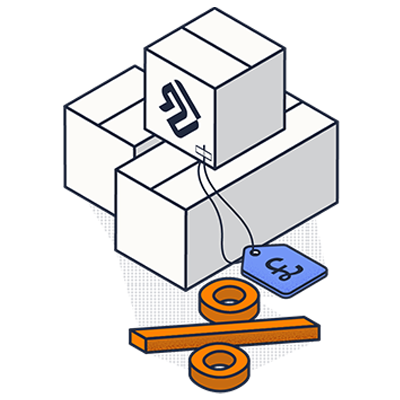
Save on our courses when you buy more training upfront. Lock in a better price now and access the training whenever you need to. You can mix and match any of our courses too and get the discount off your whole order.
10+ courses = 10% off
50+ courses = 20% off
100+ courses = 30% off
500+ courses = 40% off
By the end of this course you will:
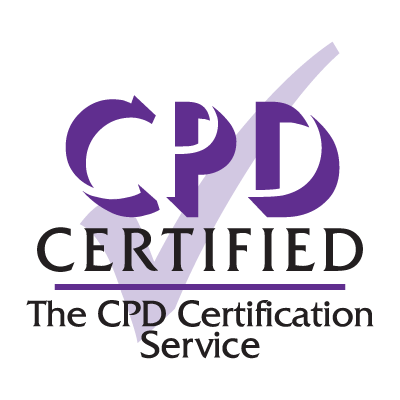
Accredited by CPD
All of our courses are accredited by the CPD Certification Service as conforming to universally accepted Continuing Professional Development (CPD) guidelines.
Recommended renewal:
1 year
What does this mean? This certificate does not have an expiry date, however, based on industry best practice guidelines there is a recommended renewal period.
Our in-house Learning Designers develop all of our courses to give you and your learners the most engaging training possible.
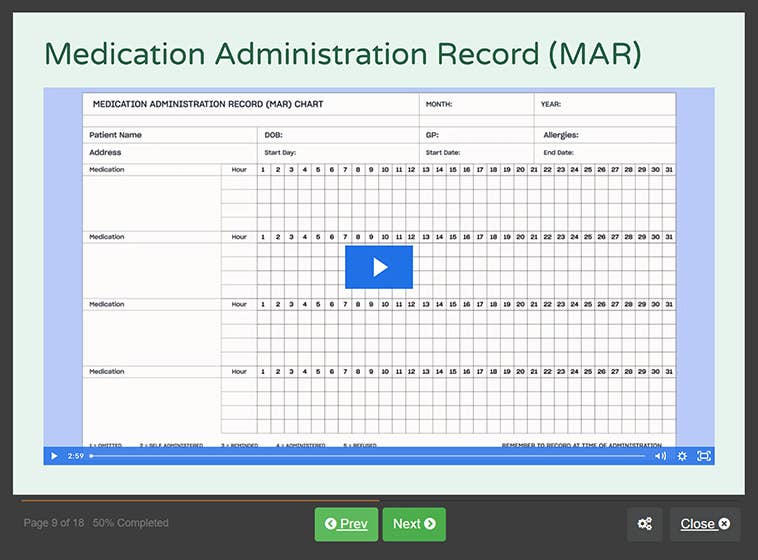
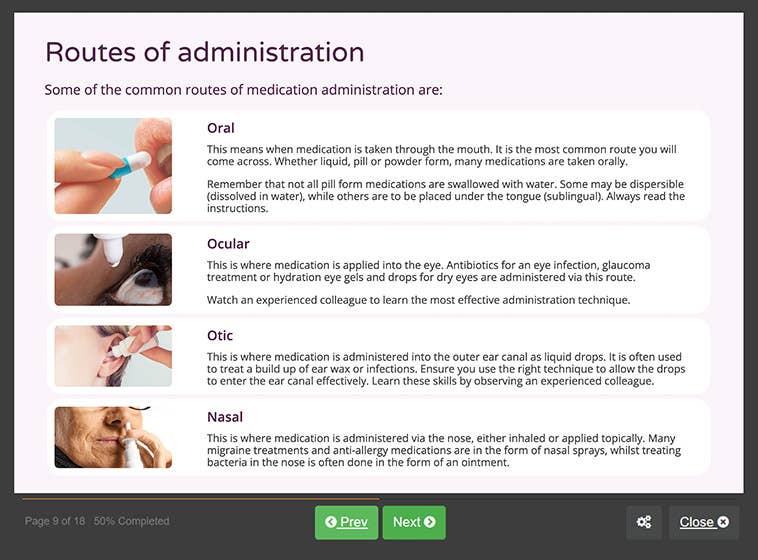
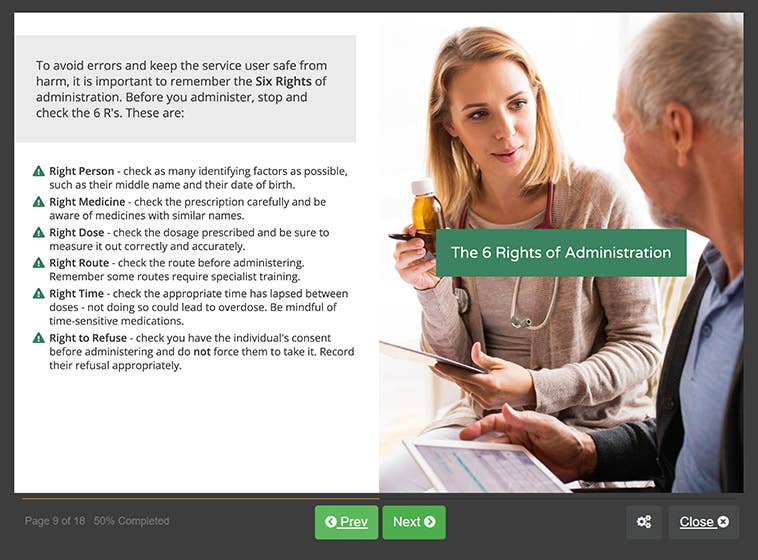
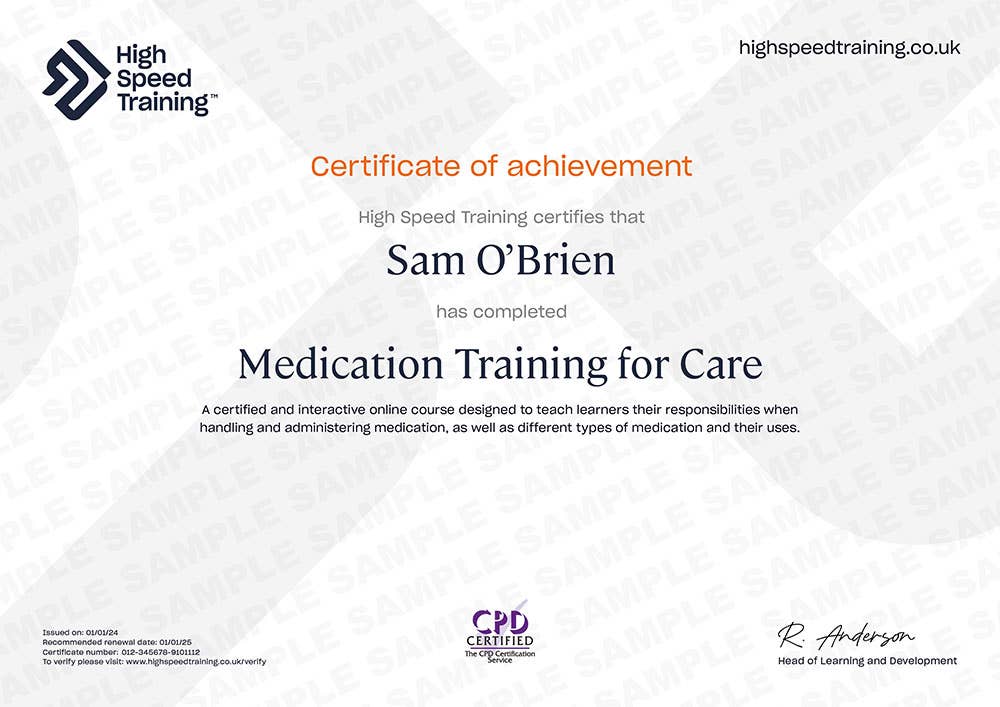




Training requirements, legislation and guidance, reporting concerns, risk areas, your role and responsibilities, additional roles and responsibilities, accountability, information sharing and confidentiality.
The 4 types of medication, controlled drugs, tablets, capsules, oral liquids, eye drops, ear drops, nose drops, topical medications, inhalers, powders and emergency medication.
Support and consent, covert administration, self administration, the 6 Rights of administration, routes of administration, understanding medication labels and dosette boxes, medication administration record (MAR) sheets, practicalities of administration, medication errors, time sensitive medications, missed doses and overdose, contraindication, side-effects and adverse drug reaction reporting.
Ordering, transporting, delivering, quality assurance, storage, disposal including medical waste and infection prevention and control.
The online assessment is taken on completion of the training material. You will be asked 20 multiple choice questions with a pass mark of 80%. The answers are marked automatically so you will instantly know whether you have passed. If you don't pass don't worry! You can take the test as many times as you need with no extra charge.
This course is suitable for anybody who manages and administers medication as part of their role, within care home or home care settings. This includes healthcare workers, support workers and care assistants.
The course is written at an introductory level and so no prerequisite knowledge is required.